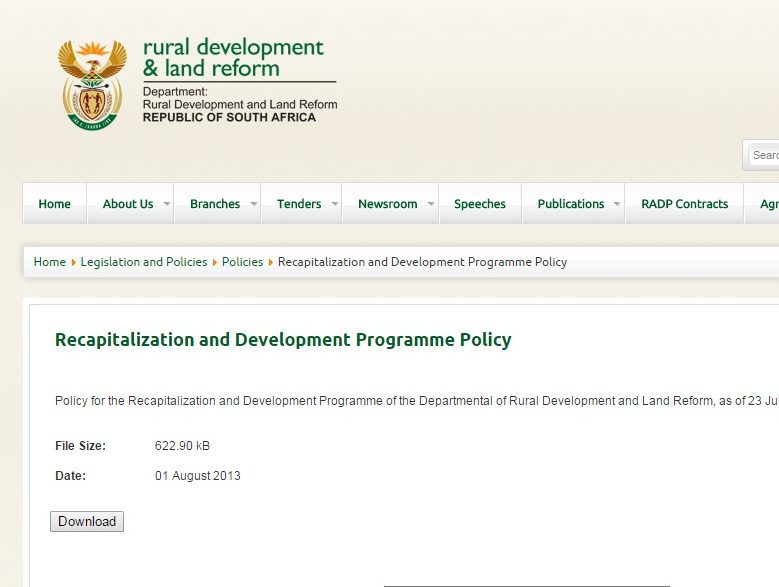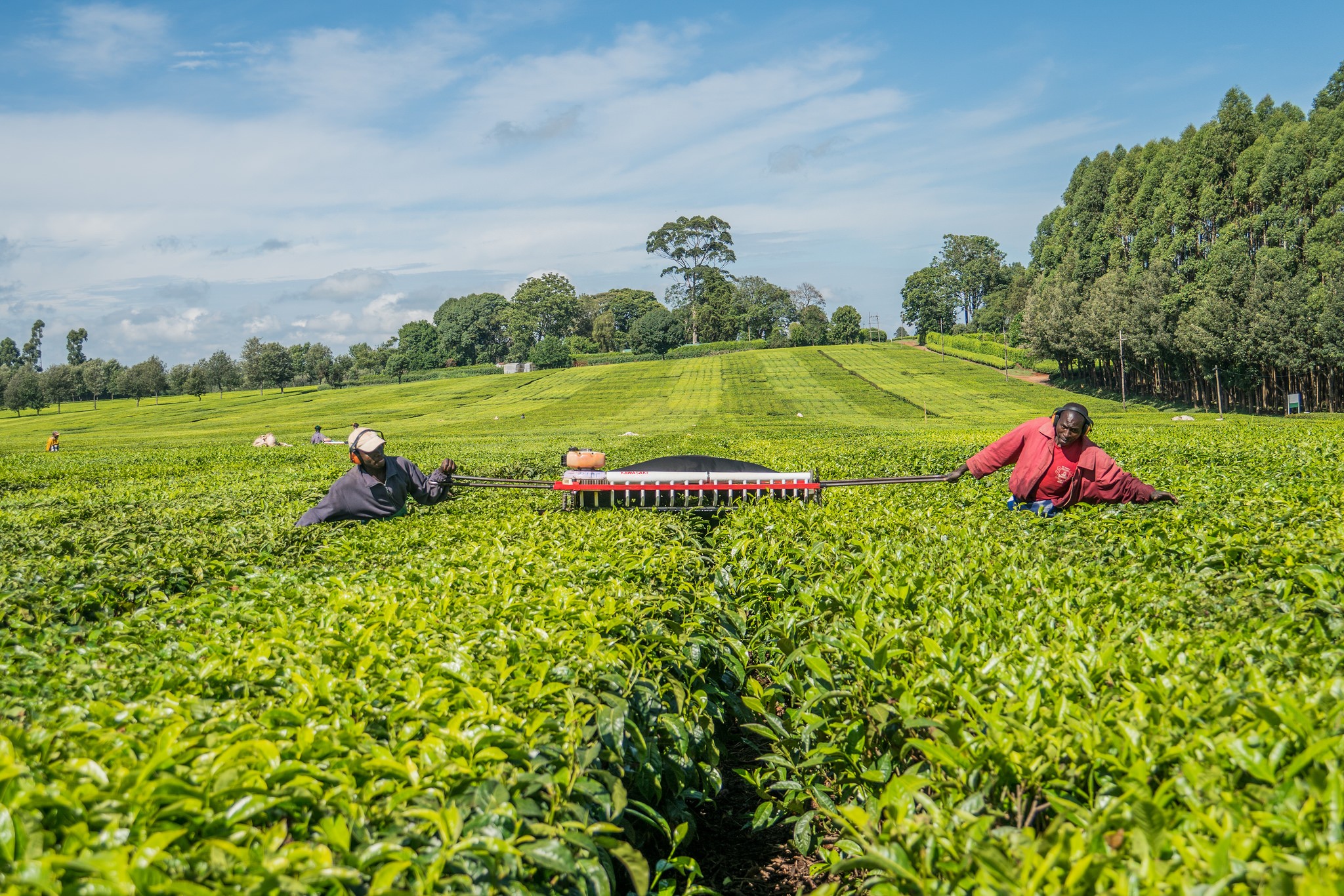One District-One Agri-Park implementation in context of Rural Economic Transformation Model
The Department of Agriculture Forestry and Fisheries (DAFF) and the Department of Rural Development and Land Reform (DRDLR) jointly presented on the implementation of the One District, One Agri-Park programme in the context of the framework of the rural economic transformation model.











